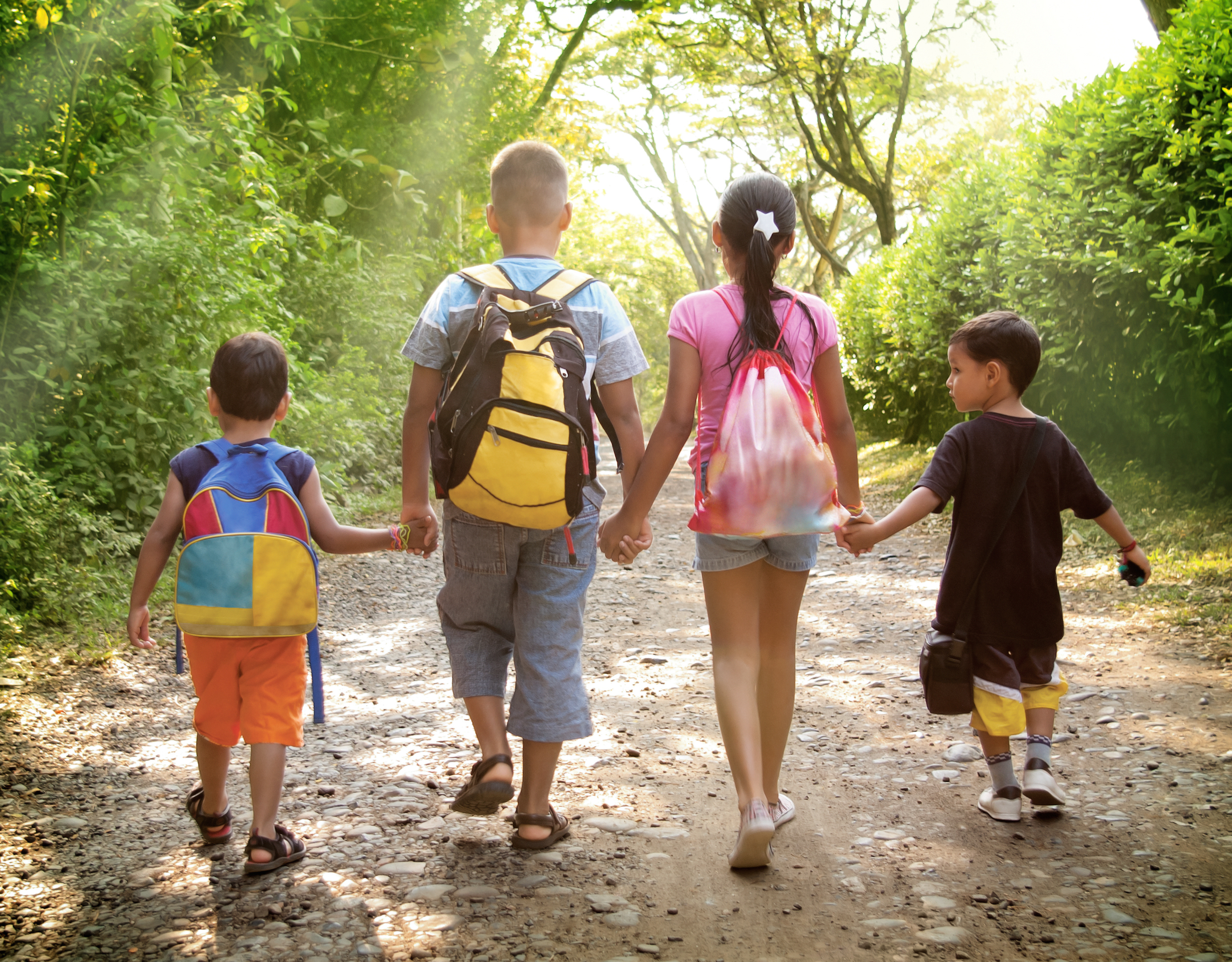
The average American family has less than two children, under age 18, per household. So when I walk into a space with my four children in tow, people have comments — and honestly, they usually aren’t very nice.
I understand that, for some, having four children would be overwhelming. It’s one thing to be in awe of big families, but it’s entirely another to judge them. Unfortunately, certain reality shows have popularized big families, and not always in a good way. This has resulted in my family (and others like mine) taking the brunt of the criticism. If you aren’t in a big family yourself, you certainly know a few.
Most of the comments we receive are usually directed at me
Someone, usually an older person, will say with a snarl — yes, snarl — “Wow, you have your hands full.” If I’m feeling particularly cheeky that day, I’ll say, “Hands full means hearts full.” Usually I just ignore the person, because I don’t have the time or energy to deal with rude comments.
Others have said to me, after counting — yes, counting — my kids, “You know how that happens, right?” The snarky part of me wants to tell the person no, and to implore them to explain “the birds and the bees” to me right there in the grocery store. (Oddly, we adopted our kids, so the whole sex convo is irrelevant anyway.)
One of the most annoying comments we get, simply by existing as a family of six, is a question
People will ask, “Wow! Are they all yours?” I’ve been asked if I run a daycare or a preschool, to which I usually just chuckle, “Nope! They’re all my kids.”
When the asker understands my kids were adopted, sometimes they’ll follow up with, “So, are they real siblings?” I also reply with, “They aren’t fake siblings!” Or if they ask about my kids’ “real” parents or why my husband and I didn’t have our “own” kids, I say, “We are real” and “Our kids are our own.”
I certainly have taken most comments in stride
I will laugh and say, “I sometimes mix up my kids’ names,” or “I get to the pharmacy and forget someone’s birth date.” This is part of having four kids and mom brain. You don’t always get your facts straight. I have completely ignored strangers who won’t let up.
I long ago realized that how I respond to strangers and their unsolicited claims, advice, and stereotypes is teaching my children powerful lessons. They don’t owe anyone an explanation for their existence or their family. However, in times, they may feel empowered to either educate the other person or shut them down.
None of these responses is incorrect. Children don’t owe adults explanations just because adults get nosy. Sharing your family’s personal story is just that — personal. No stranger has the right to the details by default. Some fellow adoptive families teach their kids that facts are shared only on a need-to-know basis. A doctor, for example, might need to know a child’s family history for the sake of medical information. But that grandma in front of you at the Target checkout? Not so much.
Likewise, if you’re a people-pleasing adult, perhaps someone who feels that it’s only polite to answer someone’s inquiries or snap judgements, it’s a good idea to take some time to learn about boundaries. Plus, remember that your kids are always watching and learning. What lesson are they being taught if their parent “spills the tea” to any random stranger? No matter how many children you have, we need to stop defining each other’s right to privacy and worth based on numbers. There’s beauty in diversity — and also in filtering our verbal assumptions.




